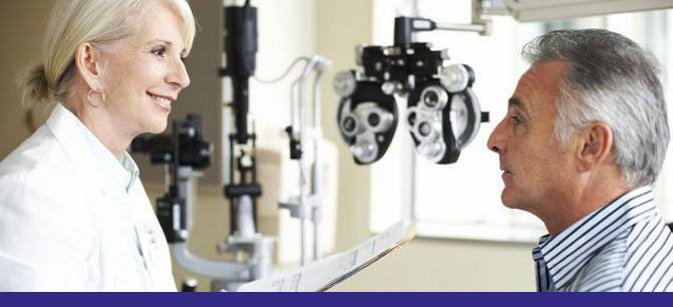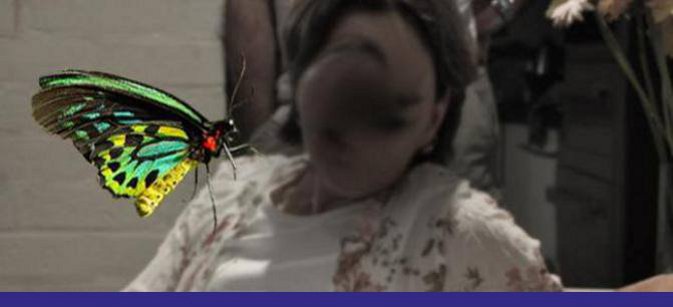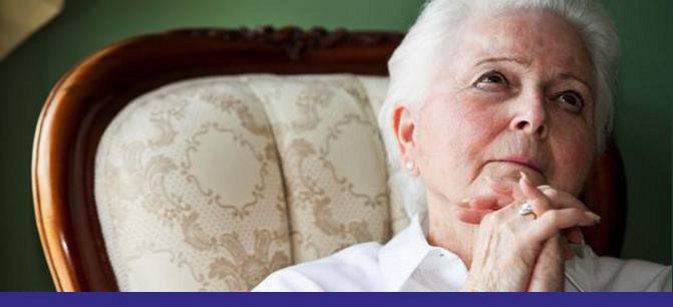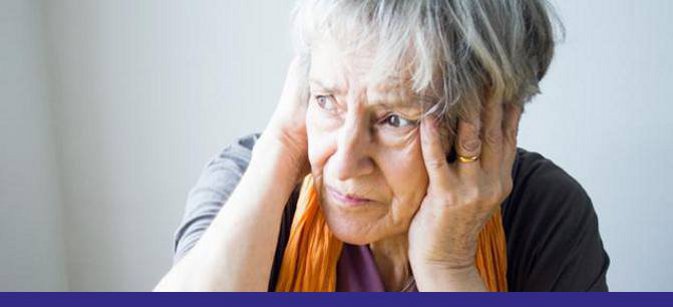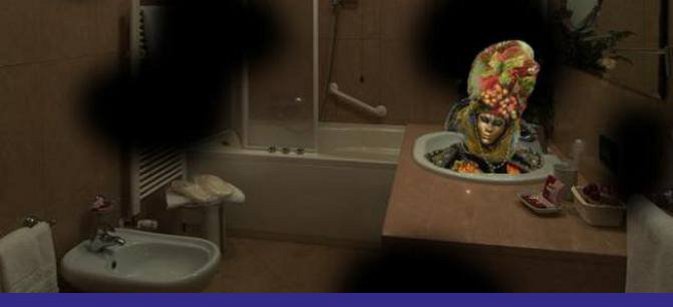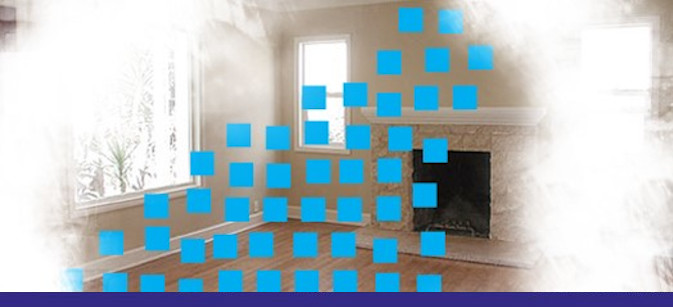
Vision loss can be a traumatic phase of life. If you then add CBS to the equation, then this can send considerable ripples through every aspect of the person’s being: how they feel about themselves, its effect on their social network, their ability to perform tasks of everyday living and whether they now feel their independence – and even their own mind- is threatened.
In this period of upheaval and uncertainty, the unusual visual experiences of CBS can feel incredibly isolating: “They’ll ridicule me if I speak up.” Often this leads to the person keeping their CBS secret by staying at home and avoiding contact with others.
It is this sense of aloneness that can be just as crippling (if not more so) as contending with the syndrome itself. Enter the potentially valuable role of peer support.
What is Peer Support?
Shery Mead, one of the pioneers of the peer support model, described it as follows:
“It is about understanding another’s situation empathically through the shared experience of emotional pain. When people find affiliation with others they feel are 'like' them, they feel a connection. This connection… is based on mutual experience where people are able to 'be' with each other without the constraints of traditional (expert/patient) relationships." (Mead et al, 2001)
Here, the peer is a person who has a similar lived experience to you. Not the same - as everyone’s life experience is unique - but they’ve also undergone some form of vision loss and are dealing with CBS. Unlike the standard working relationship of the health professional helping a person, peer support is seen more as a partnership whereby both can potentially learn and grow. The peer is more like an equal.
This person shares their own personal journey with CBS and touches on the issues that matter to a human being: one’s place in the world, sense of self-worth, the emotional challenges such as feeling scared or alone. The peer understands these types of issues as they have gone through something comparable. It’s a person reaching out to another and touches on the essence of what matters to a human being:
- To be listened to and understood
- To not be judged
- To feel you’re not alone and that someone else ‘gets you’.
The peer can also become a role model of sorts. When the person comes to learn that this peer has or continues to live with CBS and yet is managing in life can give much needed hope to the person who presently feels lost or hope-less.
Peer support is available at the Foundation. At no charge, the person can be linked to another individual who lives/has lived with CBS. This individual can share their personal experiences, life challenges and gathered knowledge as to how they’ve managed the syndrome. Consider taking advantage of this type of support.
Contact the Foundation on 1300 121 123 or
Mead, S., Hilton, D., & Curtis, L. (2001). Peer support: A theoretical perspective. Psychiatric rehabilitation journal, 25(2), 134 - 141.


